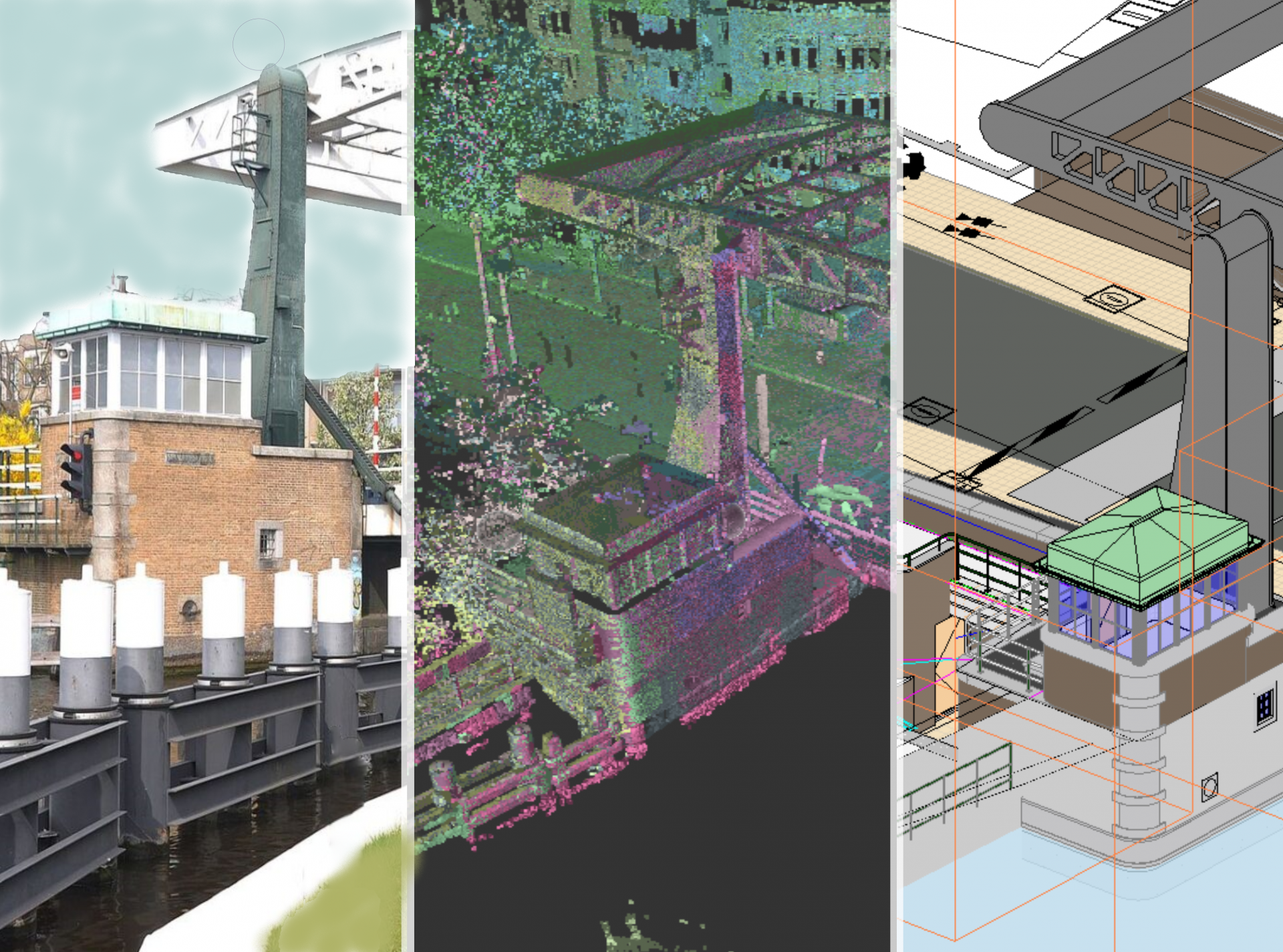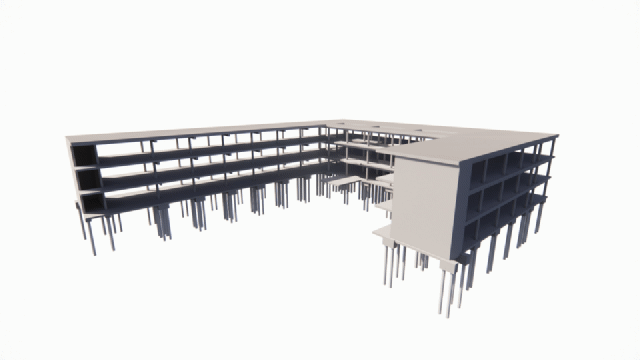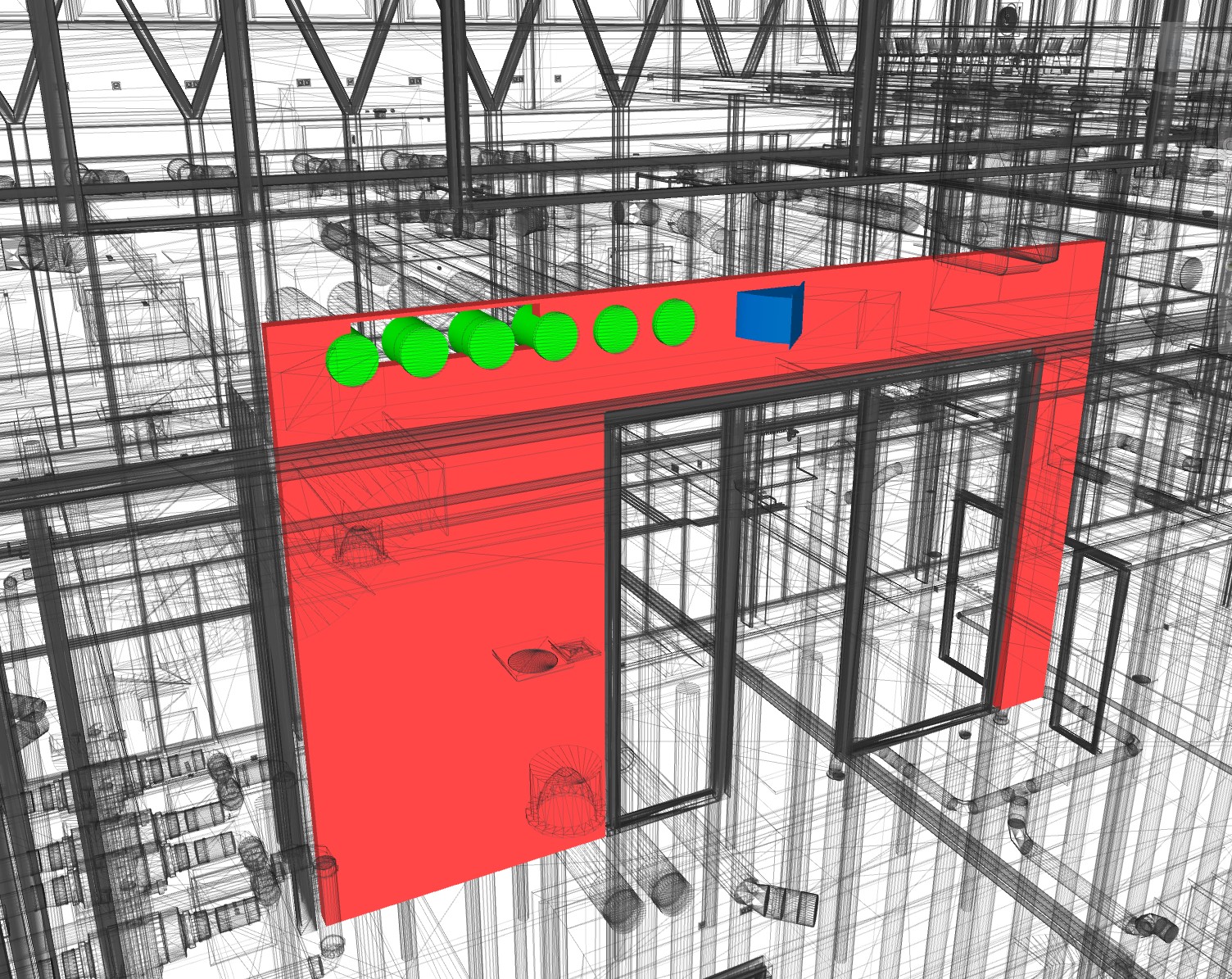BIM (Building Information Modeling) is an intelligent, 3D-based development that provides architecture, installation and construction professionals with the insight and tools to plan, design, build and manage buildings and infrastructure more efficiently.
Shorter lead time and efficient process through centralization of information and integrated coordination between parties and suppliers. Any changes can therefore be discussed more accurately with the client.
Nodes are integrally resolved in a 3D model. This ensures a direct saving of construction and engineering costs. The chance of failure costs with BIM is about 5-10% lower than with a traditional process.
More than with traditional building preparation, all relevant information about a building is up-to-date and immediately available at BIM. This reduces the ad hoc implementation coordination. As a result, construction costs are also determined more accurately.
We monitor the development and progress of the implementation of the project and provide a single point of contact within our organization. That means short lines and effective cooperation with all parties.

A complete 3D image is generated of raw measurement data – in the form of a point cloud – of the actual situation. This image can be interpreted immediately and forms the basis for further plan development. The chance of failure costs is reduced by accurate dimensions. In addition, the existing situation can be examined at any time during the construction process. The implementation is therefore faster than with a traditional measurement.

Integration of constructions, installations and the structural components of a building provides immediate insight into the mutual relationship. Ambitious projects are developed in detail through the introduction of new technologies and smart efficient constructions. This provides sustainable and innovative custom work.
In addition, plan adjustments can be immediately visualized by means of a “live link” in our BIM software. In this way we achieve the desired result together with our clients.

To gain insight into where the clashes (conflicts) are between the different aspect models, a clash check is performed during the BIM process. By doing this check, the most challenging clashes can be found and resolved during the design process, avoiding costly construction mistakes. This clash check also provides a good picture of the reliability of the model and its quantities. By clashing on the NL-Sfb classification of the elements you avoid unnecessary registration of clashes that do not apply to the design itself. This ensures that there are only clashes that do influence the design.